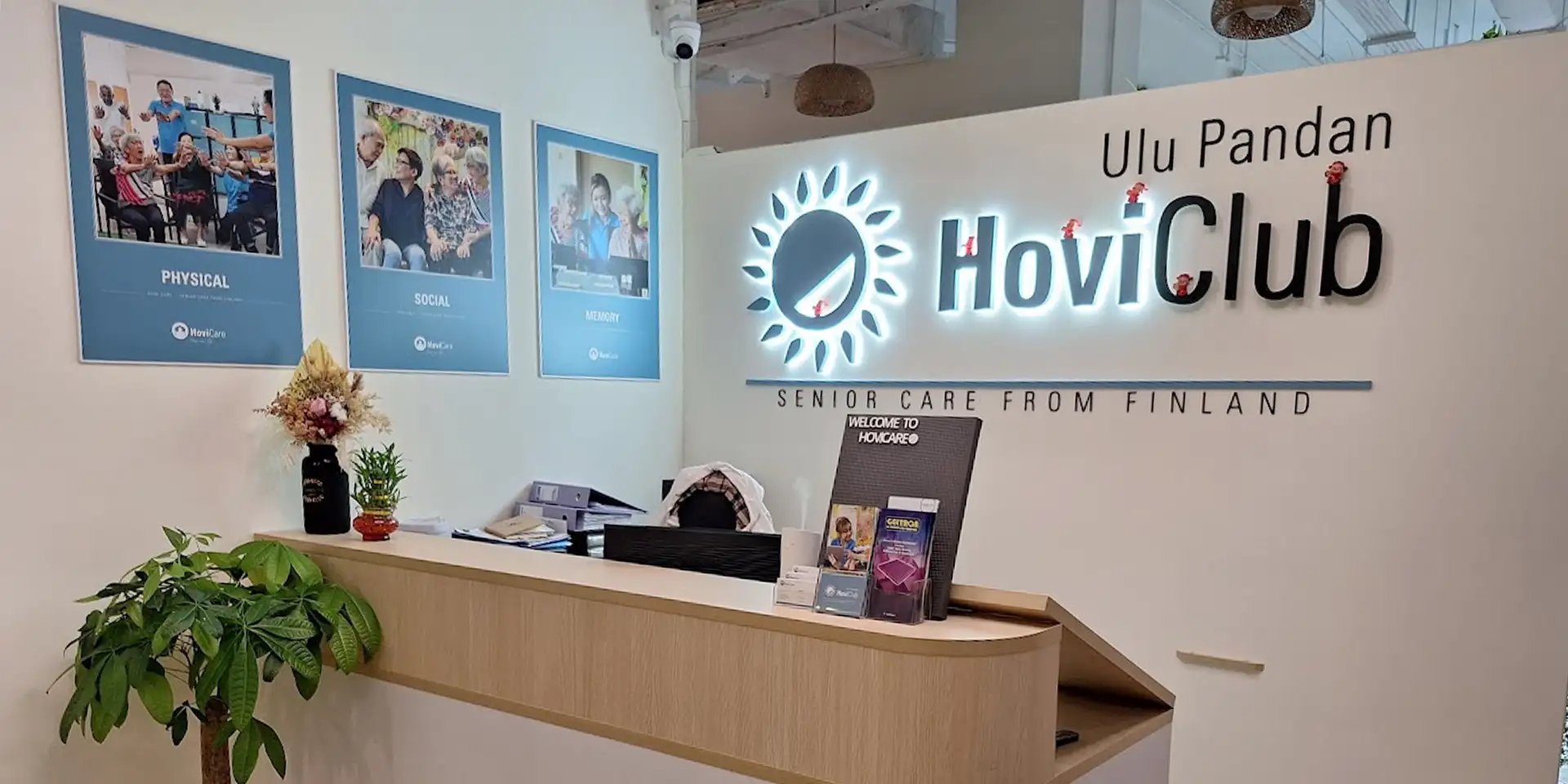Yes, personalized music is generally more effective than general playlists for people living with dementia. Individualized music selections that connect to a person’s unique life history and preferences can trigger deeper emotional responses and memory recall than generic playlists. This effectiveness stems from how music memories are stored in areas of the brain that remain relatively preserved despite cognitive decline. At Hovi Care, we’ve observed that tailored music experiences form an important part of our rehabilitation tools, helping to stimulate cognitive function and emotional wellbeing in a way that aligns with our commitment to treating each person as a unique individual.
What makes personalized music different from general playlists?
Personalized music differs from general playlists by directly connecting to an individual’s personal history, emotional associations, and unique preferences rather than offering a generic selection of popular songs. This personalization creates deeper neural connections and stronger emotional responses.
When music is personally meaningful, it activates not just the auditory processing areas but also regions associated with autobiographical memory and emotion. For people living with dementia, these connections can temporarily bridge cognitive gaps and evoke memories that otherwise remain inaccessible.
Key differences between personalized and general music include:
- Emotional resonance – Songs with personal meaning trigger stronger emotional responses and memory recall
- Cultural relevance – Music from a person’s cultural background offers familiar comfort and connection
- Life stage specificity – Music from formative years (ages 15-25) typically creates the strongest memory connections
- Individual tempo and style preferences – The specific characteristics of music that a person responds to best
At Hovi Care, we’ve found that taking time to develop individualized music selections demonstrates our commitment to respecting each person’s unique identity and life story, a cornerstone of our family-oriented approach to care.
How can families participate in creating personalized music experiences?
Families can participate in creating personalized music experiences by sharing important information about their loved one’s musical preferences, significant life events, and cultural background. This collaboration between families and care providers creates more meaningful and effective music therapy sessions.
Family involvement is invaluable because relatives often possess knowledge about musical memories that the person with dementia may no longer be able to communicate. At Hovi Care, we encourage families to participate in this process through several approaches:
- Creating musical timelines of significant life events and associated songs
- Sharing recordings of family gatherings or celebrations that include music
- Participating in music sessions alongside their loved one
- Observing and documenting responses to different types of music
This collaborative approach reflects our family-oriented philosophy of care, where transparent cooperation between staff and families enhances the quality of life for people living with dementia. Finding ways to incorporate active aging into daily life through music can create joyful moments of connection, even as other forms of communication become challenging.
What key considerations should guide music selection for dementia care?
When selecting music for dementia care, consider the individual’s personal history, emotional state, time of day, and the desired therapeutic outcome. These factors help create an effective music experience that supports wellbeing rather than causing distress or overstimulation.
At Hovi Care, we’ve developed guidelines for implementing music therapy in our cosy, stimulating environments. Our approach considers:
- Emotional content – Selecting music that evokes positive emotions and avoids triggering distressing memories
- Volume and clarity – Ensuring music is audible but not overwhelming, especially for those with hearing challenges
- Timing – Introducing music during specific activities or times of day when it can be most beneficial
- Technology selection – Using appropriate devices that are easy to operate and deliver quality sound
- Environmental factors – Creating comfortable listening spaces free from competing noises and distractions
The most successful music programs in dementia care evolve over time, with ongoing assessment of responses and preferences. This adaptability allows for adjustments as needs change and ensures that music remains a source of joy and connection throughout the dementia journey.
By thoughtfully implementing personalized music in care settings, we create moments of connection and joy that enhance quality of life for people living with dementia. Through our Hovi Club senior activity centre, we continue to develop innovative approaches to music therapy that support cognitive stimulation while honoring each person’s unique identity and preferences.

